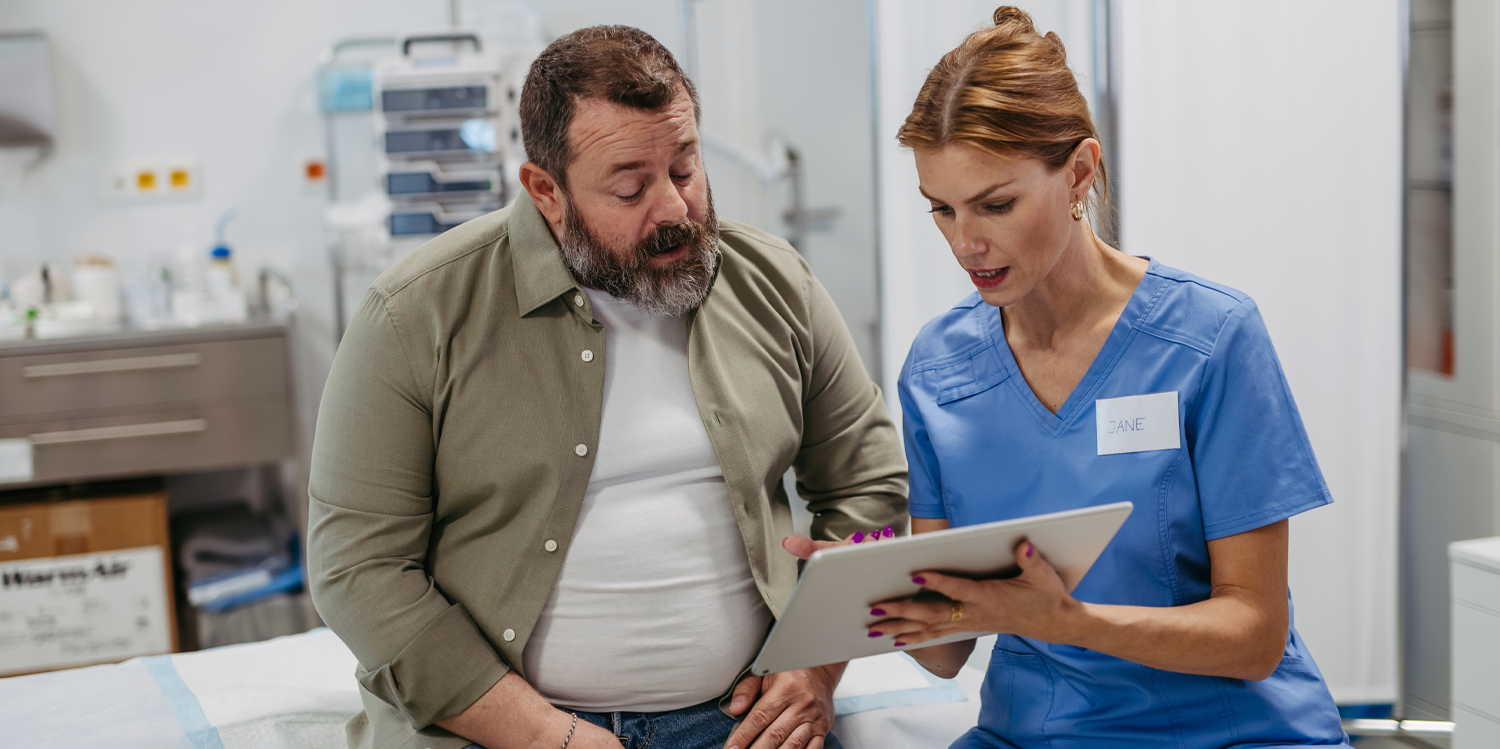Affordable access to general practice and improved education for practitioners is key to improving the health and wellbeing of patients living with obesity, according to the Royal Australian College of GPs.
In a newly published position statement on obesity prevention and management, the College called for more government funding to address inequities in care and support longer consultations to enable GPs to manage the complexities associated with obesity.
The statement outlines that GPs have a central role to play in the primary, secondary and tertiary prevention of obesity.
“GPs are in a unique position to bridge issues that cross primary care and public health. GPs deal with individuals’ day to day, but also have a deep understanding of the communities in which they work,” it states.
The College also acknowledges the need for improved education of registrars and practising GPs in all levels of prevention, including the “need for awareness of stigmatisation and inequity”.
RELATED: New clinical definition of obesity is ‘much-needed’
It states some of the barriers to care include the perception that people living with obesity are ‘not motivated’, that raising the issue may cause offence and insufficient consulting time.
WA lead for the RACGP obesity special interest group Dr Mark Mellor said stigma was a concerning barrier to people with obesity accessing care.
“Of all the issues you could pick in relation to obesity as a chronic disease, weight bias and stigma are the most important issue because, for decades, obesity has been viewed through a moral lens,” he told Medical Forum.
“People with obesity are viewed by other people as having made bad choices about what they eat and what they do in terms of exercise. The problem with that is that it’s heavily stigmatising.
“When we transition our viewpoint based on science that tells us that obesity is a disease, not a choice, we start to understand it on parity with other chronic diseases.”
Nearly one third of Australian’s are living with obesity and it is predicted to cost $87 billion annually by 2032. It is associated with other chronic conditions, including heart disease, diabetes, many cancers, as well as mental health issues.
RELATED: Weight overtakes smoking
Dr Mellor said that the narrative needs to change from losing weight to gaining health as part of the focus on management and prevention.
“Failing to treat obesity as clinicians has a whole host of implications on the individual,” he said.
“You have people feeling devalued, which creates depression and anxiety, which impacts on that person’s quality of life.
“You then have the untreated complications of obesity for some people, like knee osteoarthritis, pre-diabetes, diabetes… you treat the obesity and those conditions improve.”
RACGP President Dr Michael Wright added more government funding for longer GP consults and mental healthcare consults was essential.
“The RACGP is continuing to call for a 40% increase to longer consults, and 25% increase to mental health consults – this will halve out-of-pocket costs for those who need it,” he said.
“While the initiatives to boost the GP workforce in the Albanese Government’s $8.5 billion Medicare package are laudable, the universal bulk billing proposal won’t help people who need longer consults or mental healthcare from their GP.”
RELATED: Billions in bulk billing funding won’t make general practice cheaper
As for what GPs can do immediately to better support patients living with obesity, Dr Mellor said do not be afraid to have the conversation but ask if it is OK to talk about their weight first.
Want more news, clinicals, features and guest columns delivered straight to you? Subscribe for free to WA’s only independent magazine for medical practitioners.
Want to submit an article? Email editor@mforum.com.au


